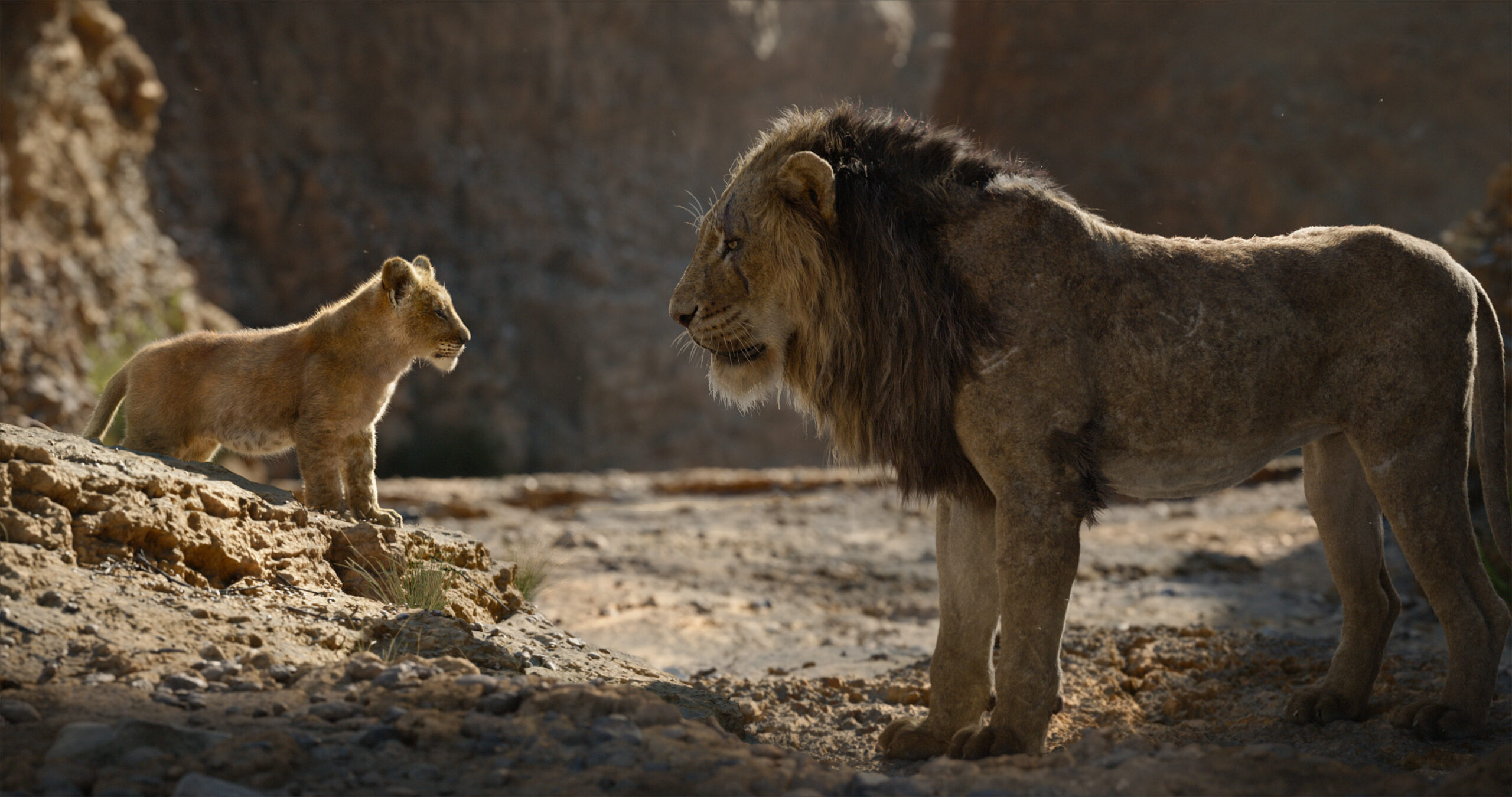The live-action Aladdin remake is what you get when you take what white people think the Middle East is and colonize it with peppy, witless background actors. I don’t need to set up the premise of Aladdin for you; you already know the story. And that’s what the new Disney live-action remake assumes, too, skipping […]




